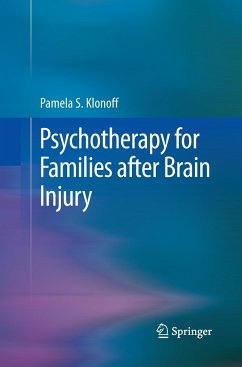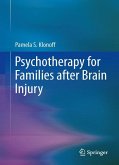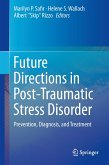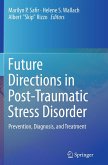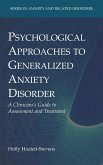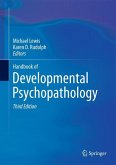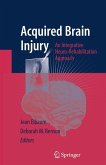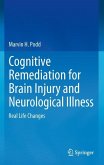Whether caused by illness, accident, or incident, brain injury requires multi-tiered resources for the patient and considerable external care and support. When recovery is sidelined by depression, anger, grief, or turmoil, family members and the support network have critical roles to play and need their own guidance and compassionate therapeutic interventions.
Psychotherapy for Families after Brain Injury offers theoretical frameworks and eclectic techniques for working effectively with adult patients and their families at the initial, active and post-treatment phases of rehabilitation. This practical reference clarifies roles and relationships of the support network in interfacing with the loved one and addresses the understandably devastating and sometimes derailing emotions and psychosocial adversities. The content promotes psychoeducation and guided exercises, delineates "helpful hints" and coping tools and proffers multimedia resources to overcome hurdles. Constructs of awareness, acceptance and realism for all parties are woven throughout, along with ideas to enhance the support network's commitment, adjustment, positivity, hope and longevity. Case excerpts, instructive quotes from caregivers and nuggets of clinical advice assist in analyzing these and other topics in salient detail:
The impact of brain injury on different family members.Treatment themes in early family sessions.Family therapy for moderate to severe brain injury, concussion and postconcussion syndrome.Family therapy after organic brain injury: stroke, anoxia, tumor, seizure disorders.Family group treatment during active rehabilitation.End-of-life and existential considerations and positive aspects of care giving.Aftercare group therapy for long-term needs.
The hands-on approach demonstrated in Psychotherapy for Families after Brain Injury will enhance the demanding work of a rangeof professionals, including neuropsychologists, clinical psychologists, rehabilitationpsychologists, family therapists, marriage and family counselors, psychiatrists, behavioral/mental health counselors, clinical social workers, rehabilitation specialists such as speech-language pathologists, physical and occupational therapists, and graduate students in the helping professions.
Psychotherapy for Families after Brain Injury offers theoretical frameworks and eclectic techniques for working effectively with adult patients and their families at the initial, active and post-treatment phases of rehabilitation. This practical reference clarifies roles and relationships of the support network in interfacing with the loved one and addresses the understandably devastating and sometimes derailing emotions and psychosocial adversities. The content promotes psychoeducation and guided exercises, delineates "helpful hints" and coping tools and proffers multimedia resources to overcome hurdles. Constructs of awareness, acceptance and realism for all parties are woven throughout, along with ideas to enhance the support network's commitment, adjustment, positivity, hope and longevity. Case excerpts, instructive quotes from caregivers and nuggets of clinical advice assist in analyzing these and other topics in salient detail:
The impact of brain injury on different family members.Treatment themes in early family sessions.Family therapy for moderate to severe brain injury, concussion and postconcussion syndrome.Family therapy after organic brain injury: stroke, anoxia, tumor, seizure disorders.Family group treatment during active rehabilitation.End-of-life and existential considerations and positive aspects of care giving.Aftercare group therapy for long-term needs.
The hands-on approach demonstrated in Psychotherapy for Families after Brain Injury will enhance the demanding work of a rangeof professionals, including neuropsychologists, clinical psychologists, rehabilitationpsychologists, family therapists, marriage and family counselors, psychiatrists, behavioral/mental health counselors, clinical social workers, rehabilitation specialists such as speech-language pathologists, physical and occupational therapists, and graduate students in the helping professions.
"Pamela Klonoff's Psychotherapy for Families After Brain Injury is an impressive, ambitious reference for neuropsychologists and their students interested in working with families. ... The book will likely prove useful to family therapists, helping them most to understand the common consequences and challenges faced by families after brain injury. ... The book is comprehensive, up-to-date, and filled with information likely to help readers more effectively help families." (Jeffrey S. Kreutzer, PsycCRITIQUES, Vol. 60 (20), May, 2015)

